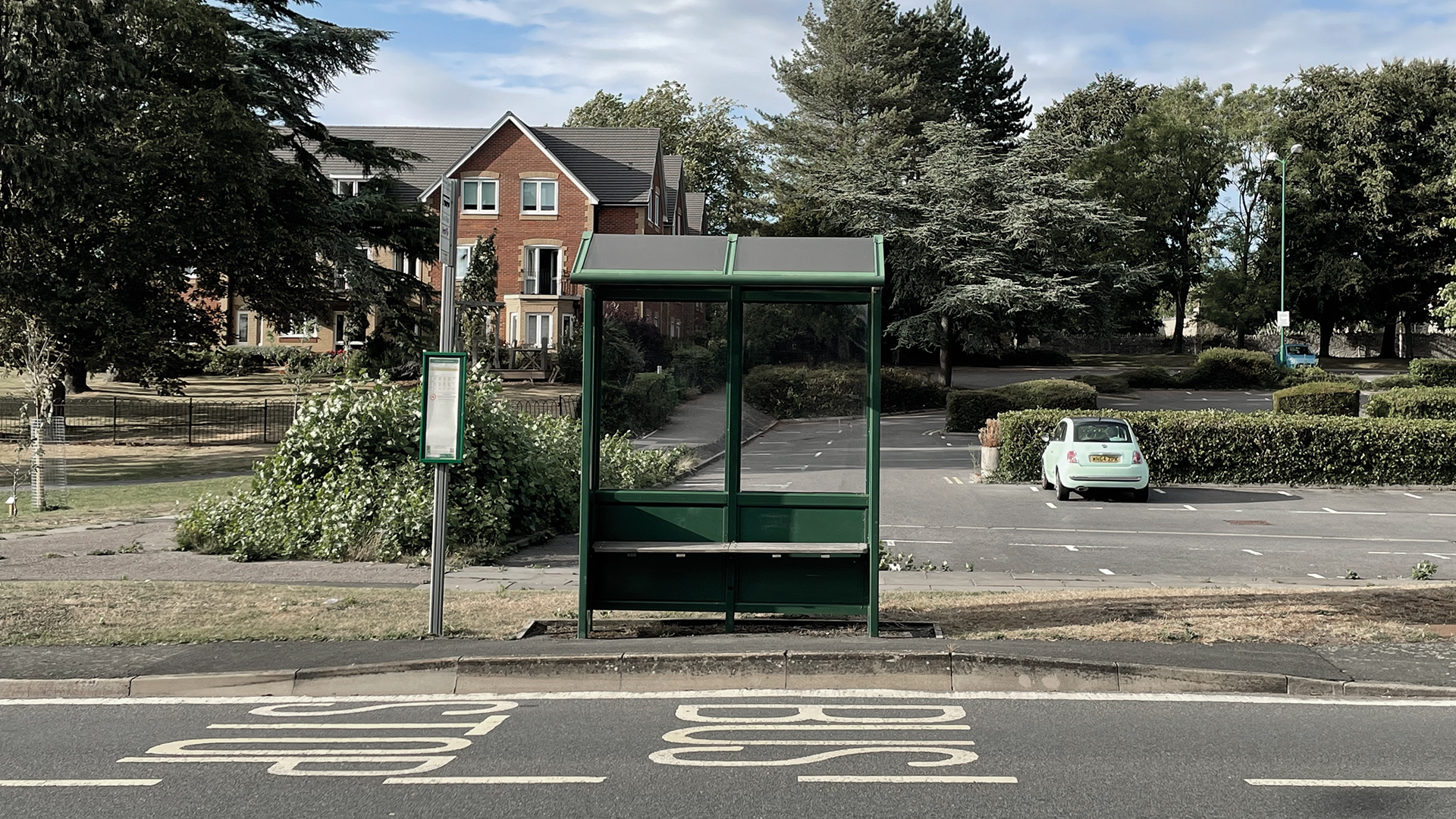From construction workers and engineers to researchers and teachers, people are travelling for work across the UK every single day, but our broken transport system is getting in their way. Where you live shouldn’t determine whether you can travel for work, but that’s the reality for far too many people.
The Business Travel Association’s (BTA) latest research shows that nearly two-thirds of UK businesses’ work-related trips take place domestically. That means people aren’t jetting off for luxury meetings and flying first class – instead, they’re travelling across cities, counties and regions to do essential, hands-on jobs.
From project work to events, relationship-building to training, the scale and variety of travel happening beneath the radar is overlooked. These are journeys that are powering our economy and keeping public services alive.
Good connections, reliable timetables and affordable routes are still disproportionately focused on London and the south-east of England. But in many other parts of the country, particularly the North – let’s say Bradford, for instance – you’re far more likely to be left without a practical way to travel if you need to get to big city stations or key business hubs from rural areas.
Read more:
- This man has found a way to travel by train for free… with one small catch
- Public transport not keeping up with surge in new homes, analysis finds: ‘We must plan more intelligently’
- London’s Black Cabs are iconic. But their future is in jeopardy
The car is a symptom, not a solution
Our research shows that most people still rely on their cars when travelling for work, which is no surprise. But it’s not necessarily because they prefer travelling by car, but because there’s no realistic alternative. Public transport if often too patchy, expensive or simply doesn’t run at the right times or to the right places.





